Taconic advances your research through more predictive murine models and innovative services. Our comprehensive portfolio and collaborative process are designed to create solutions that drive real results. Our industry-leading customer success and project management teams work with you to optimize animal model development or selection to fit your research needs.
New from Taconic Biosciences
Taconic Biosciences Acquires TransCure bioServices
Taconic’s world-class animal models combined with TransCure’s state-of-the-art preclinical services create a uniquely powerful platform for drug discovery and translational research
Empowering In Vivo Research
Access Taconic Biosciences decades of expertise through thousands of Insights, White Papers, Webinars, Publications, and more.
What's New
- 1
- 2
- 3
- 4
Featured Models & Services
Taconic offers a robust selection of mice and rats, and is the only fully integrated laboratory animal provider harmonizing industry-leading custom model generation and colony management solutions.
Explore our best-selling portfolios and services, or reach out to a scientific solutions consultant for a complimentary consultation to evaluate which offerings best suit your research needs.
Don't see what you're looking for? Search for your solution or explore all models and services.
- Products
- Services
Empowering Your Research
Accelerating Drug Discovery
Our collaborative approach positions us to understand the complexities of your research, enabling you to push the boundaries to scientific discovery and human health.
Quick Links:
Resource Library
Latest Resources
- 1
- 2
- 3

We’re Hiring!
We offer a variety of career opportunities! If you are a respectful, compassionate individual with a can-do attitude, we want you to join us.
Our People
Taconic employees all over the world are focused on delivering the best solutions for our clients, while caring for ourselves, each other, and especially our animals.






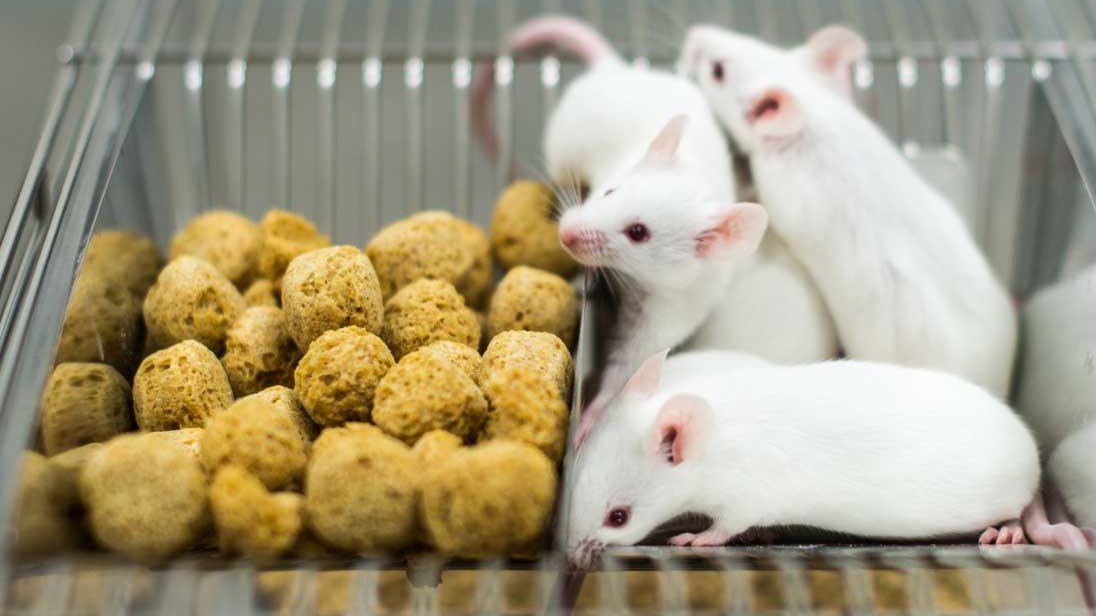









.jpg)

.jpg)
.jpg)
.jpg)
.jpg)

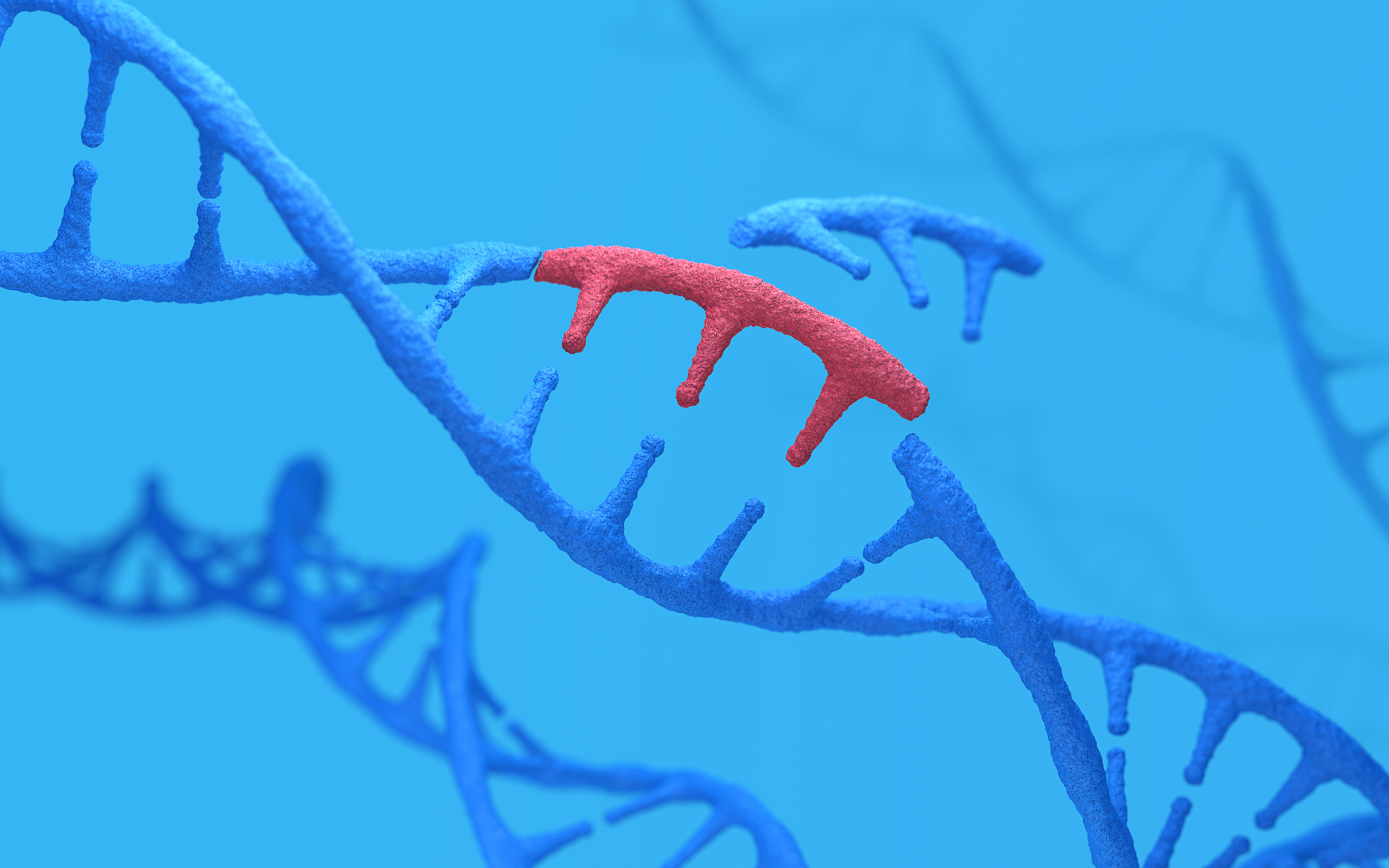
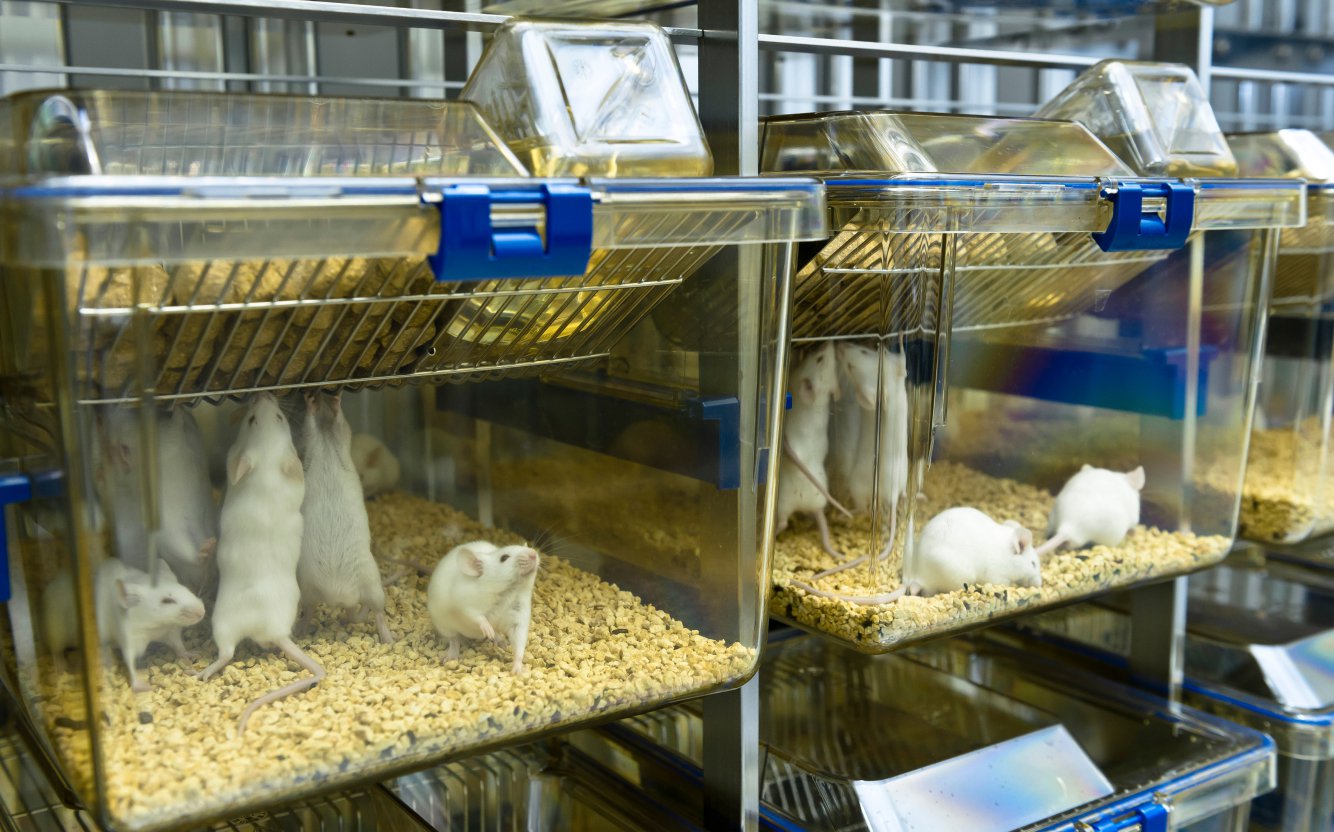


.jpg)


.jpg)
.jpg)

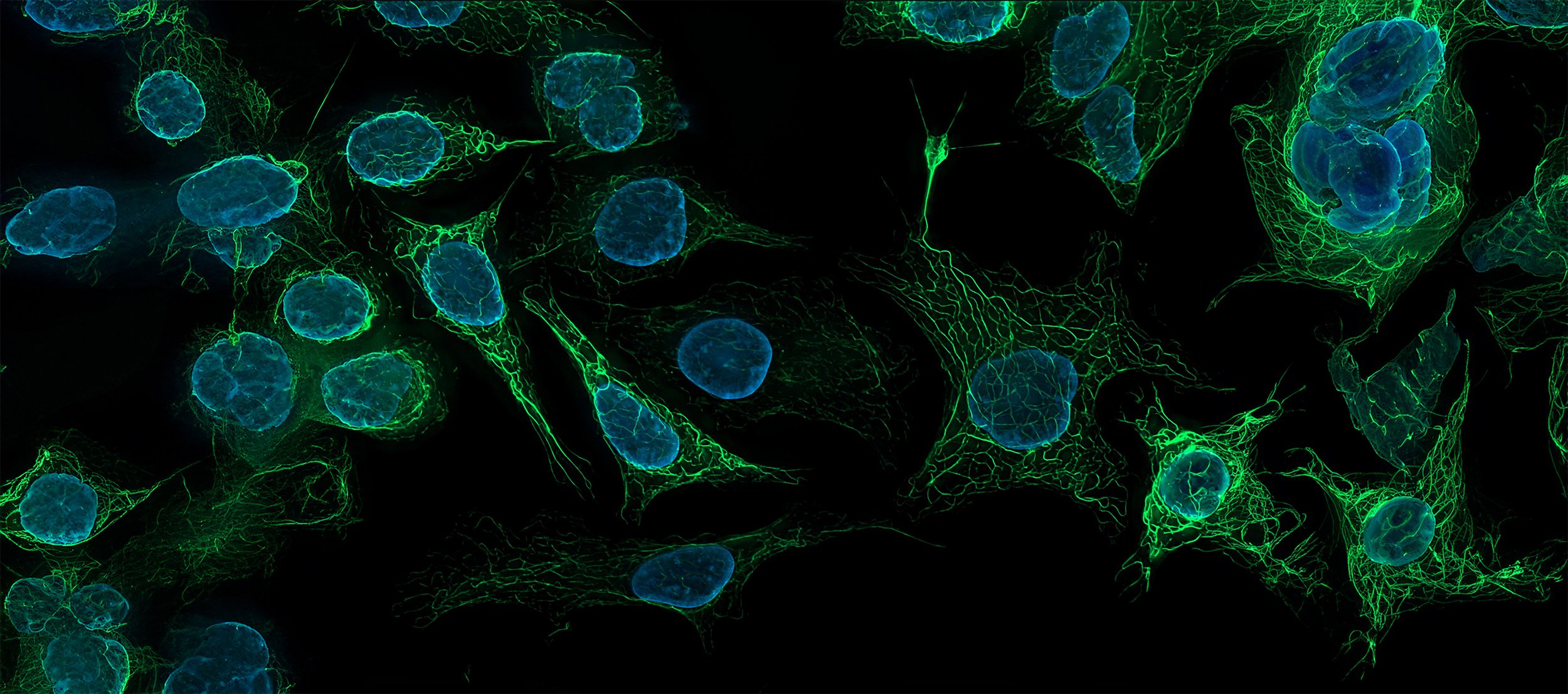
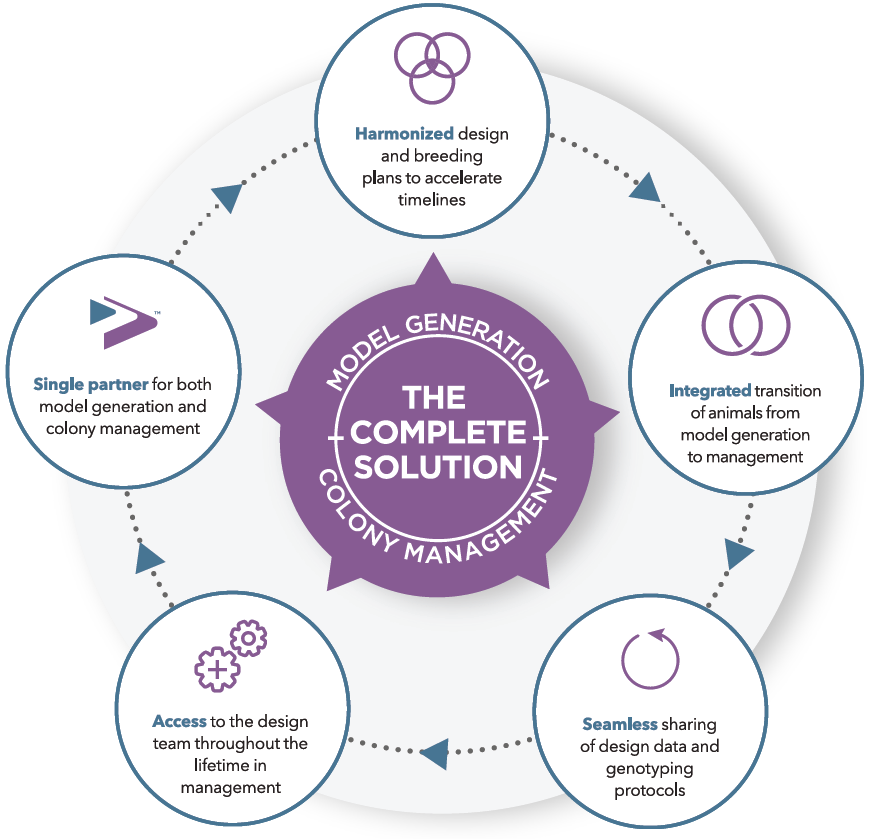

.jpg)



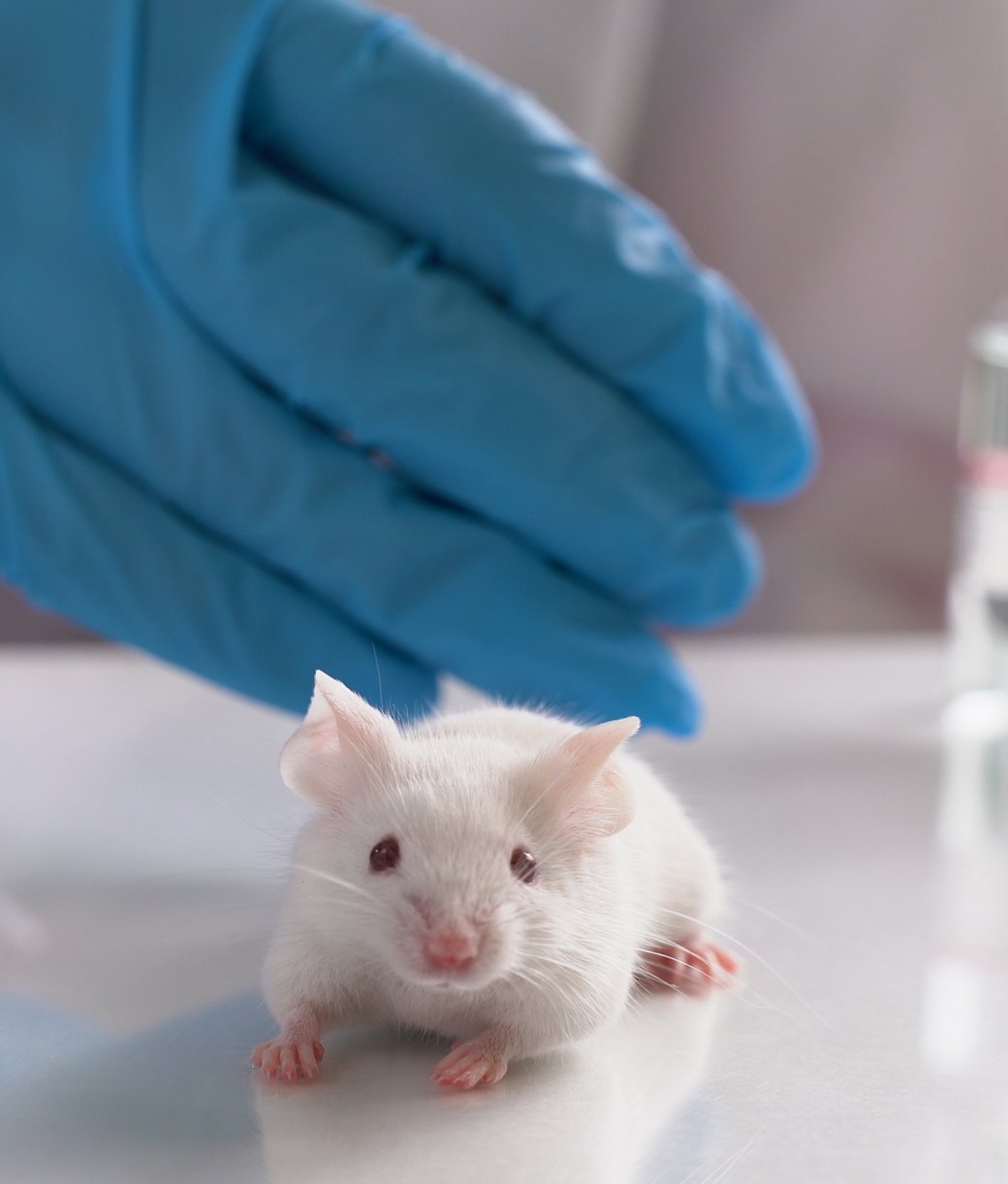

.jpg)

.jpg)
























